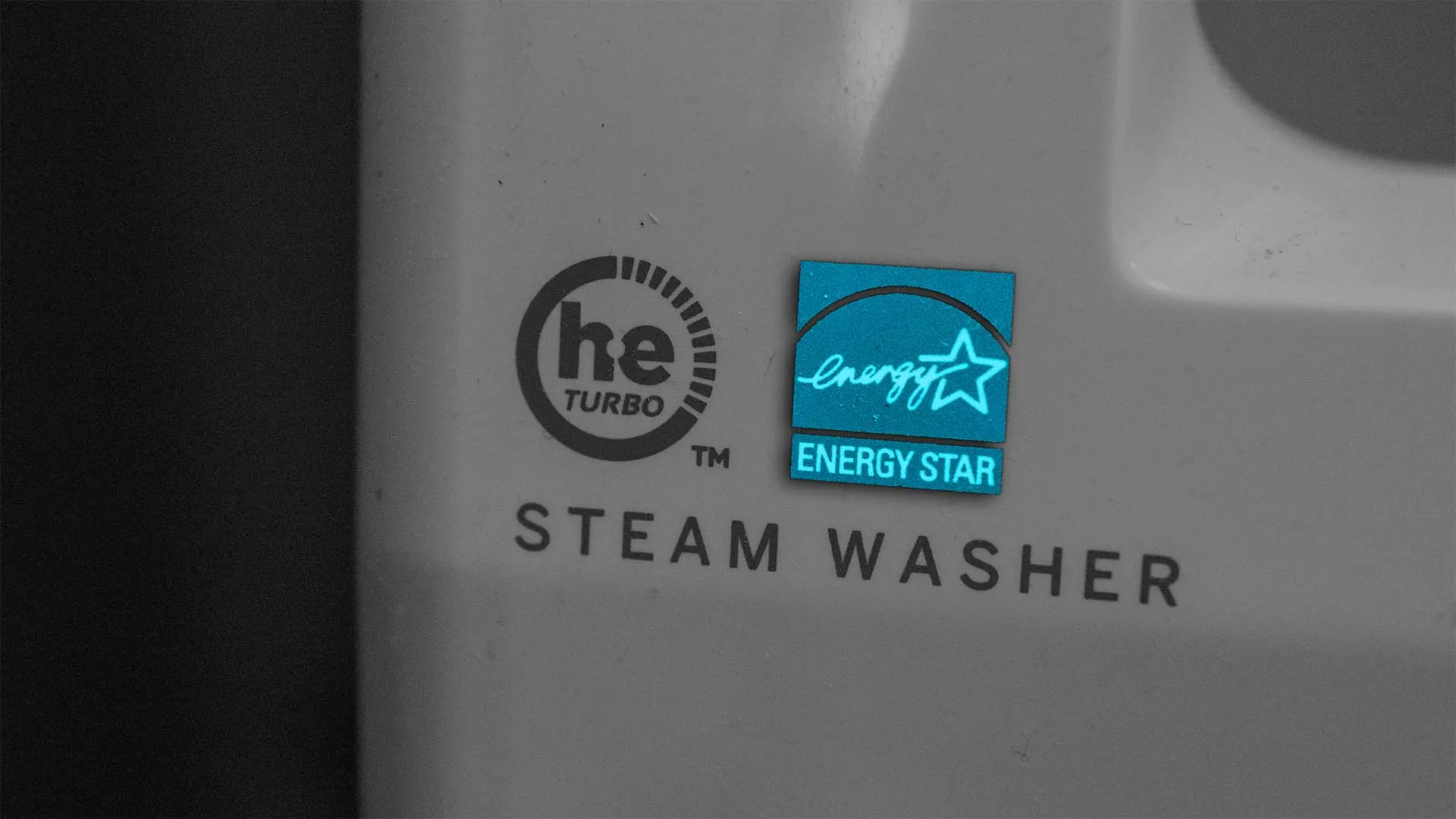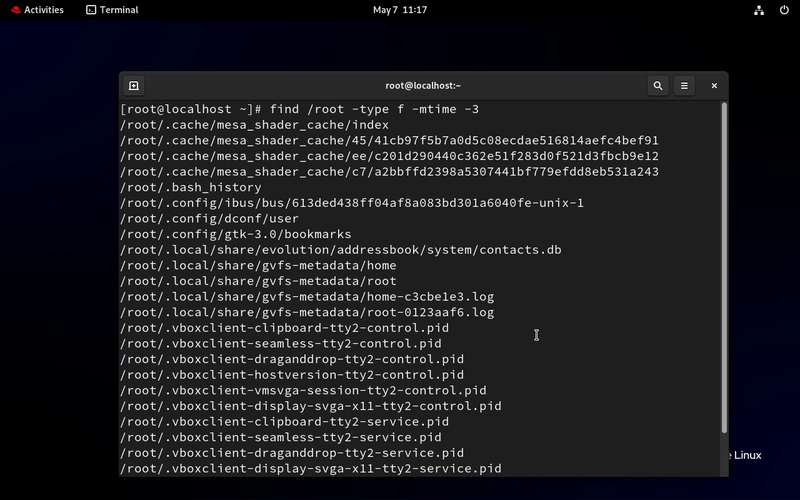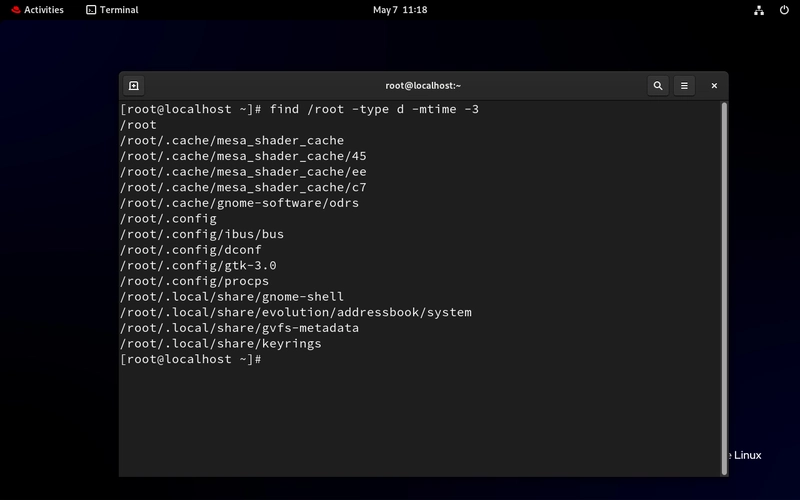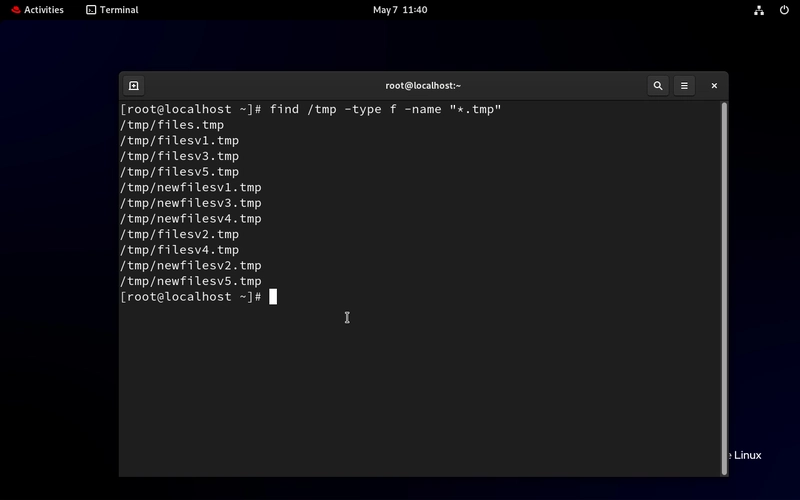Day 14/ 30 Days of Linux Mastery: Find Command
Table of Contents Introduction What is the find Command? Core find Commands Real-World Scenario: find Command Conclusion Let's Connect Introduction Welcome back to Day 14 of this practical Linux challenge! Today, we are diving into one of the most useful Linux commands: find. This command helps you search for files and folders fast, flexible, and powerful. What is the find Command? The find command is used to look for files and directories in your system based on conditions like: Name Size File type Date modified User ownership And more... This is especially useful in production environments where systems grow large and messy fast. Core find Commands Basic Syntax for find is find [path] [condition] [action] # Example find /home -name "file.txt" - # This searches for file.txt inside the /home directory. More commonly used find commands are listed in the table below. find command Meaning -name Search by file name -type File type: f for file, d for directory -mtime Files modified X days ago (+, -, or exact number) -size Search by file size (e.g., +5M for greater than 5MB) -user Owned by a specific user -exec Run command on found files -delete Deletes the files (use with caution!) Real-World Scenario: find Command Find a File by Name bash find / -name "*.conf" - # Searches for a file that has .conf inside / Find Files Modified in the Last 3 Days bash find /root -type f -mtime -3 - # Useful for checking recent file changes or uploads. find /root -type d -mtime -3 - # use d for directories or folders Find Large Files (More Than 100MB) find / -type f -size +100M - # Great for finding what’s eating up disk space. find / -type f -size -20k - # check files less than 20kb Find Files and Delete Them touch /tmp/files.tmp /tmp/newfilesv{1..5}.tmp # let's create new files in the /tmp folder ls /tmp - # to verify the created files find /tmp -type f -name "*.tmp" - # find the files with .tmp in /tmp find /tmp -type f -name "*.tmp" -delete - # Deletes all .tmp files in /tmp Let's say your/var/log directory is filling up fast, and you need to: Find all .log files older than 7 days. Delete them to save space. We will first check what you will delete. find /var/log -name "*.log" -mtime +7 Now you are sure of what to delete, you can delete! find /var/log -name "*.log" -mtime +7 -delete We have saved disk space! Great. Conclusion You can use man find to explore more options on your RHEL system. You will be surprised how much power this one command holds. You can also use some wildcards like: * means - Any number of characters ? means - A single character [a-z] means - Any letter a to z If you use file*, you are telling Linux: “Find anything that starts with ‘file’.” If this is helpful to you, feel free to bookmark, comment, like and follow me for Day 15! Let's Connect! If you want to connect or share your journey, feel free to reach out on LinkedIn. I am always happy to learn and build with others in the tech space. #30DaysLinuxChallenge #Redhat#RHCSA #RHCE #CloudWhistler #Linux #Rhel #Ansible #Vim #CloudComputing #DevOps #LinuxAutomation #IaC #SysAdmin#CloudEngineer

Table of Contents
- Introduction
- What is the
findCommand? - Core
findCommands - Real-World Scenario:
findCommand - Conclusion
- Let's Connect
Introduction
Welcome back to Day 14 of this practical Linux challenge! Today, we are diving into one of the most useful Linux commands: find.
This command helps you search for files and folders fast, flexible, and powerful.
What is the find Command?
The find command is used to look for files and directories in your system based on conditions like:
- Name
- Size
- File type
- Date modified
- User ownership
- And more...
This is especially useful in production environments where systems grow large and messy fast.
Core find Commands
Basic Syntax for find is
find [path] [condition] [action]
# Example
find /home -name "file.txt" - # This searches for file.txt inside the /home directory.
More commonly used find commands are listed in the table below.
find command |
Meaning |
|---|---|
-name |
Search by file name |
-type |
File type: f for file, d for directory |
-mtime |
Files modified X days ago (+, -, or exact number) |
-size |
Search by file size (e.g., +5M for greater than 5MB) |
-user |
Owned by a specific user |
-exec |
Run command on found files |
-delete |
Deletes the files (use with caution!) |
Real-World Scenario: find Command
- Find a File by Name
bash
find / -name "*.conf" - # Searches for a file that has .conf inside /
- Find Files Modified in the Last 3 Days
bash
find /root -type f -mtime -3 - # Useful for checking recent file changes or uploads.
find /root -type d -mtime -3 - # use d for directories or folders
- Find Large Files (More Than 100MB)
find / -type f -size +100M - # Great for finding what’s eating up disk space.
find / -type f -size -20k - # check files less than 20kb
- Find Files and Delete Them
touch /tmp/files.tmp /tmp/newfilesv{1..5}.tmp # let's create new files in the /tmp folder
ls /tmp - # to verify the created files
find /tmp -type f -name "*.tmp" - # find the files with .tmp in /tmp
find /tmp -type f -name "*.tmp" -delete - # Deletes all .tmp files in /tmp
Let's say your/var/log directory is filling up fast, and you need to:
Find all .log files older than 7 days.
Delete them to save space.
We will first check what you will delete.
find /var/log -name "*.log" -mtime +7
- Now you are sure of what to delete, you can delete!
find /var/log -name "*.log" -mtime +7 -delete
We have saved disk space! Great.
Conclusion
You can use man find to explore more options on your RHEL system. You will be surprised how much power this one command holds.
You can also use some wildcards like:
- * means - Any number of characters
- ? means - A single character
- [a-z] means - Any letter a to z
If you use
file*, you are telling Linux: “Find anything that starts with ‘file’.”
If this is helpful to you, feel free to bookmark, comment, like and follow me for Day 15!
Let's Connect!
If you want to connect or share your journey, feel free to reach out on LinkedIn.
I am always happy to learn and build with others in the tech space.
#30DaysLinuxChallenge #Redhat#RHCSA #RHCE #CloudWhistler #Linux #Rhel #Ansible #Vim #CloudComputing #DevOps #LinuxAutomation #IaC #SysAdmin#CloudEngineer









































































































































































![[The AI Show Episode 146]: Rise of “AI-First” Companies, AI Job Disruption, GPT-4o Update Gets Rolled Back, How Big Consulting Firms Use AI, and Meta AI App](https://www.marketingaiinstitute.com/hubfs/ep%20146%20cover.png)

























































































































































































































































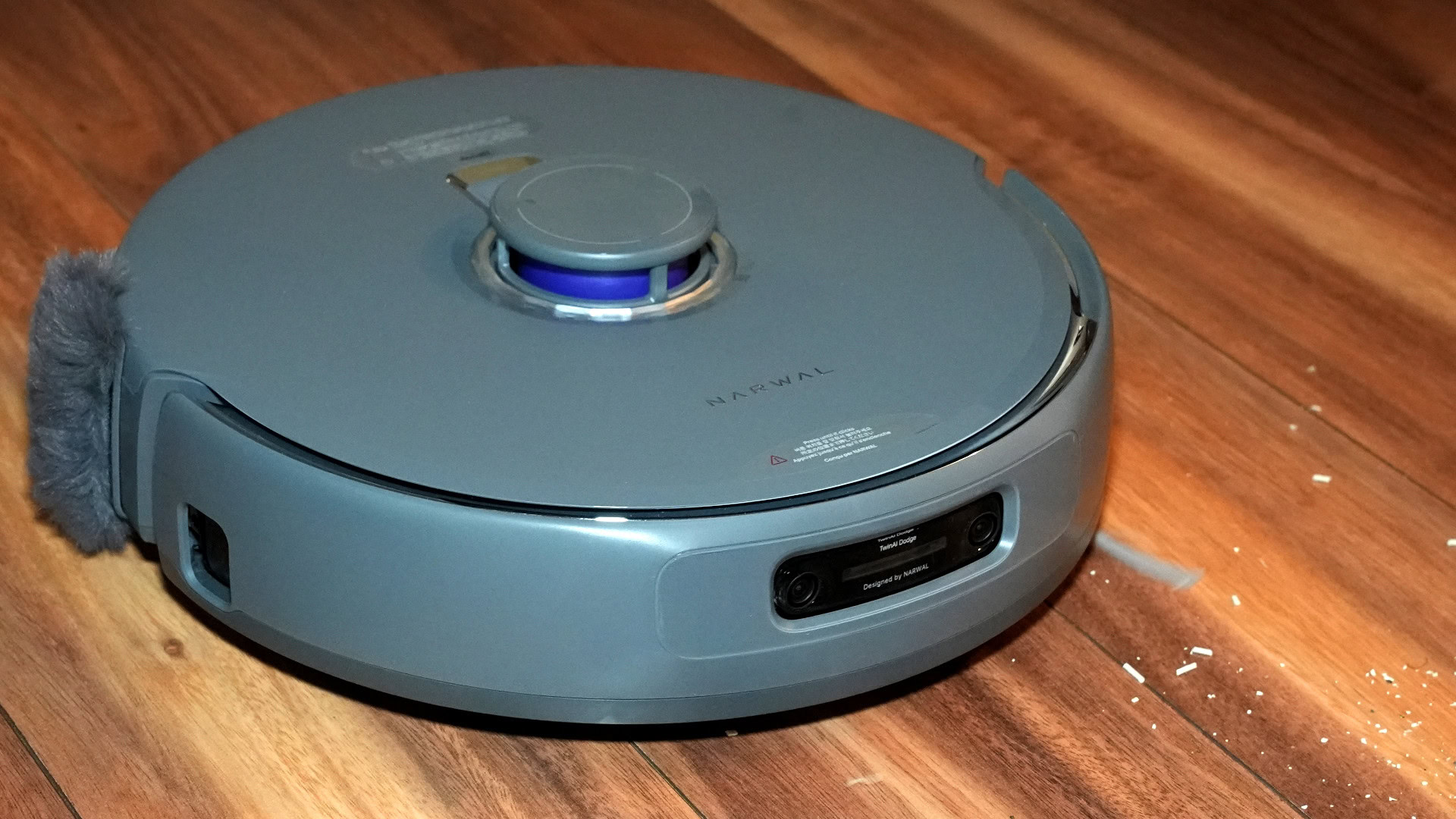
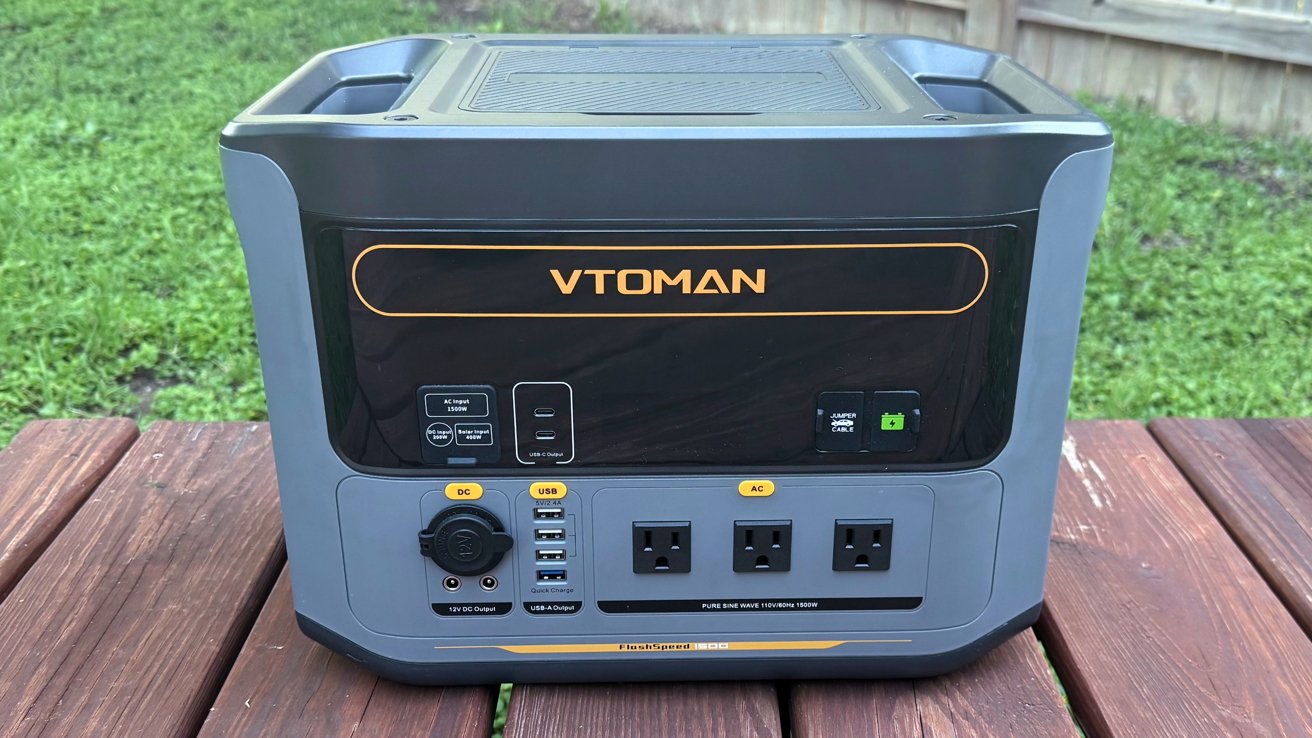




































































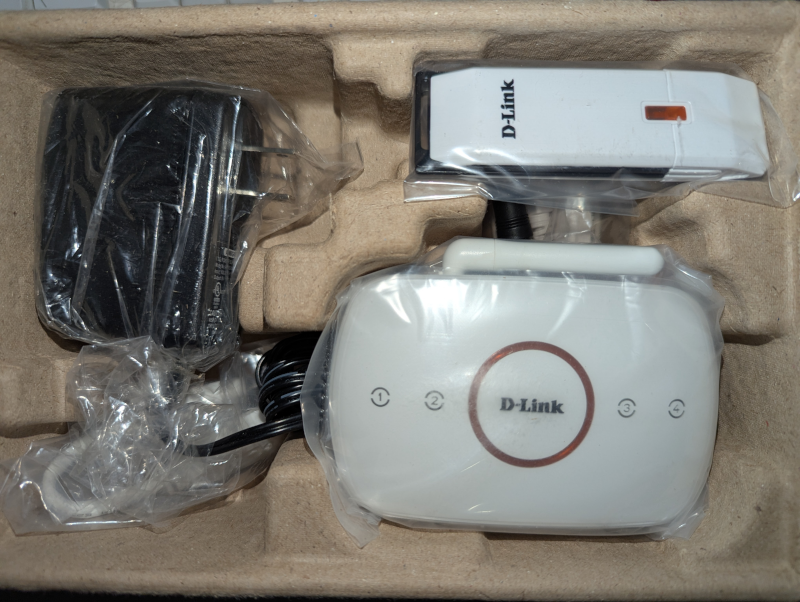

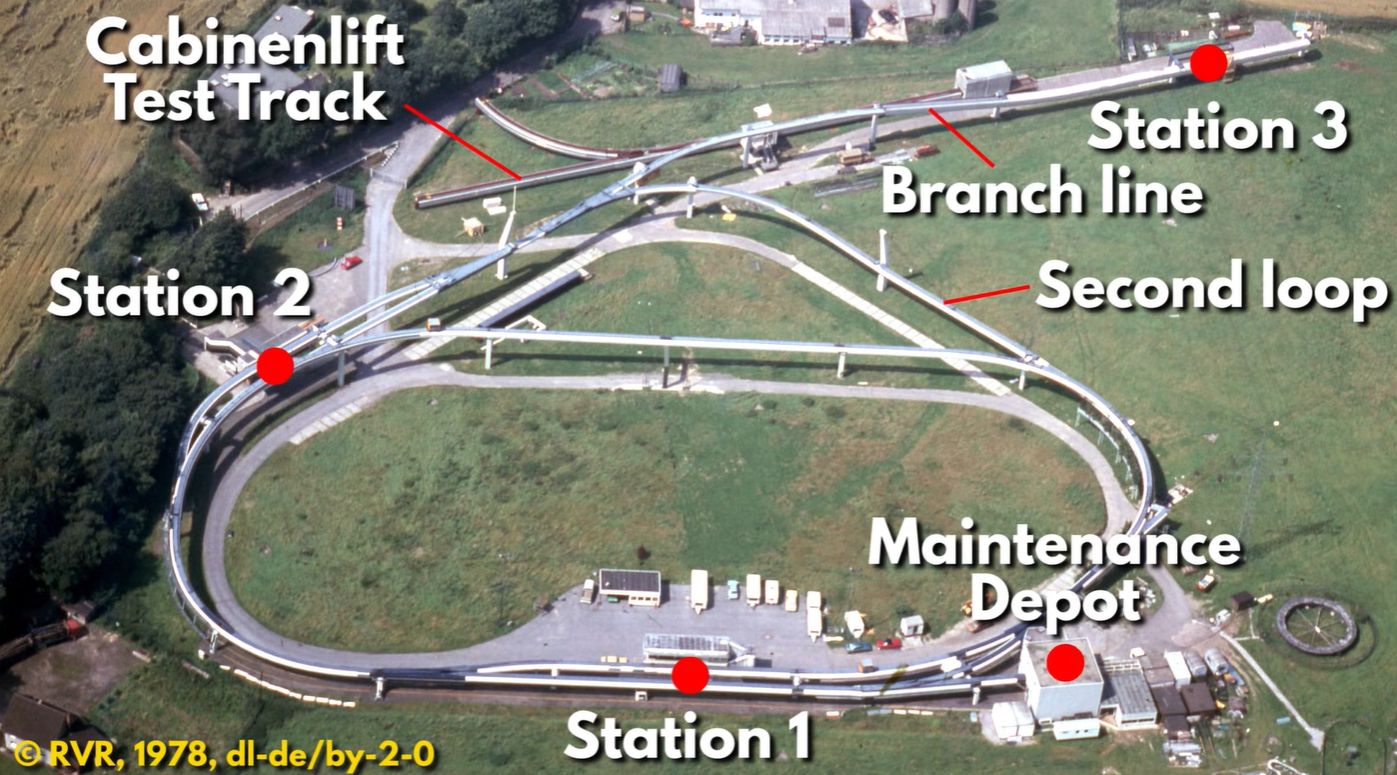



















































![Beats Studio Pro Wireless Headphones Now Just $169.95 - Save 51%! [Deal]](https://www.iclarified.com/images/news/97258/97258/97258-640.jpg)
















































































